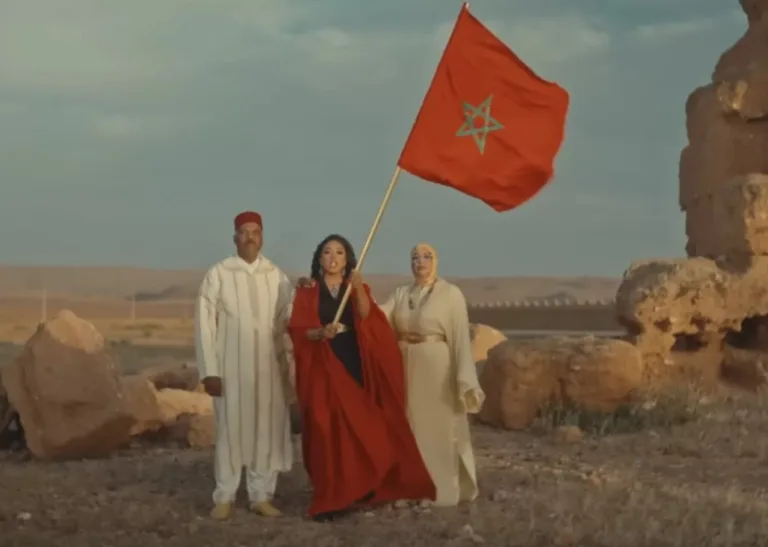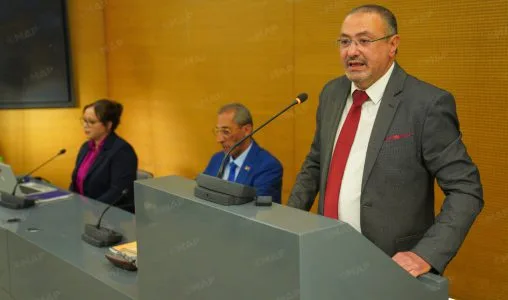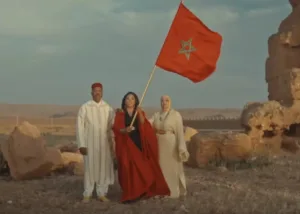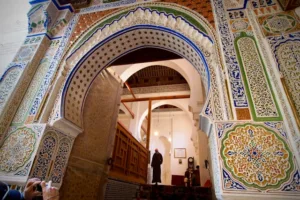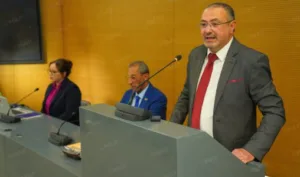Rabat – In the midst of the ongoing controversy about a popular TV series portraying the story of a “Shikha” (female performer) and her daughter, Moroccan journalist and art critic Ahmed Eddaferi took to social media to express his opinion.
Eddaferi’s remark appears to be a direct response to recent statements from Moroccan religious figure and influencer Yassine El Amri on the Ramadan series.
“They (media) are unleashing dogs on people, for me the dogs of the media are series, movies, drama, as well as some programs,” El Amri said in a recent Facebook post.
El Amri said his outrage stems from media’s and televisions decision to normalize “Shikha,” a word that religious and conservatives see as obscene, socially offending, and religiously forbidden.
Like the Al Maktub series, El Amri’s remarks sparked divided opinions. While some agreed with his remarks, others heavily criticized his perspective.
Eddaferi was one of the people who openly criticized El Amri, stressing that it is “not acceptable” to use such an expression as it is an “insult” to those working in the film production industry.
The art critic considers that such a statement does not fall within the “morale of a true Muslim,” arguing that those behind the series production and the conservative influencer have both “succeeded in creating the buzz and promoting their work while gaining profit from the AdSense and viewership.”
Read Also: Moroccan Ramadan Series on Female Performer Divides Opinion
The Moroccan journalist explained in another now deleted post that the series in question “Al Maktub” has already been in discussion for production deals with the national Tamazight TV in 2019, then at Al Oula in 2019.
The television selection committee who decides on the programs to be broadcasted by Morocco’s state broadcasting service Societe Nationale de Radiodiffusion et de Television (SNRT), however, rejected the offer twice not because of the plot, but because it was reportedly too similar to Turkish dramas, Eddaferi wrote.
“What the screenwriter proposed to the SNRT was not convincing in terms of content and the plot. The screenwriter also lacked the authorization to exploit the storyline of Turkish dramas, which affects copyright and intellectual property,” he added.

“Al Maktub” (Arabic for “Destiny”), was later accepted by the reading committee of the national television 2M. The show is now broadcast on primetime television during Ramadan and is one of the most popular TV programs according to local media.
In a society torn between grasping tightly to traditional values and shifting the focus to modernity, the series has sparked debates between conservatives and others with a desire to shift paradigms in Moroccan society.
While many perceive the normalization of the obscene and religiously forbidden word of “Shikha” as a stigma, news reports have been hailing the series for shedding light on the recurrent problems with an urge to change the prevailing narratives surrounding women opting for a “Shikha” career.




